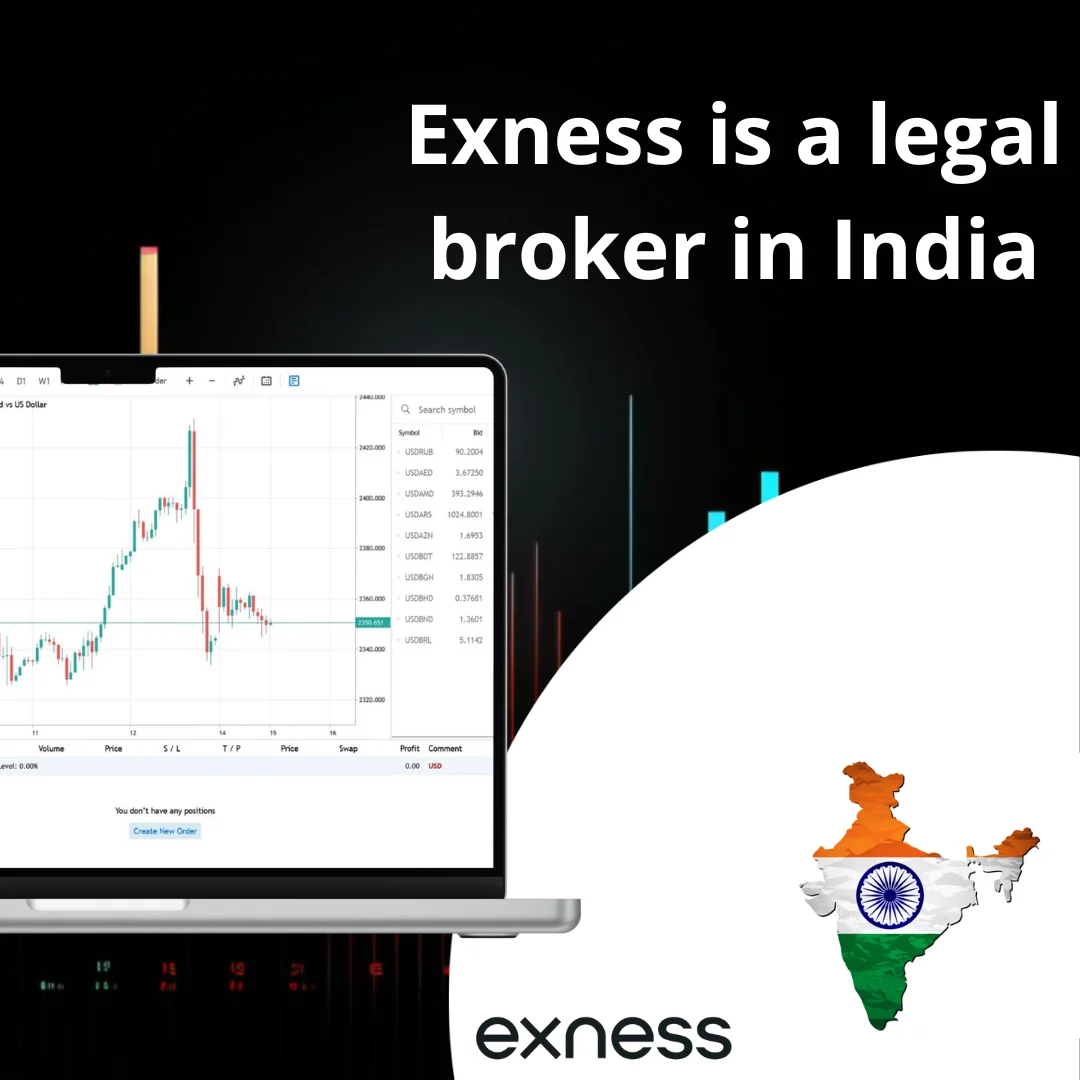Why does it matter if a broker has a license in India?
A broker’s licensing status is crucial for several reasons:
- Legal Compliance: Indian regulations like the Foreign Exchange Management Act (FEMA) and SEBI guidelines ensure forex trading operations are conducted legally and ethically.
- Protection Against Noncompliance: Engaging with unregulated or unauthorized brokers can result in legal issues, financial loss, or penalties due to noncompliance with Indian laws.
- Fraud Prevention: Proper licensing helps identify legitimate brokers, reducing the likelihood of encountering scam brokers and enhancing trading safety.
As a global multi-asset Exness broker in India, the company holds licenses from top-tier jurisdictions such as the FCA, Cyprus SEC, and FSCA. However, Exness legal or illegal in India remains a topic of discussion, as Exness does not currently hold a specific license in India. Let’s explore what this means for its legal status.

Exness regulation, is it a scam?
Exness broker India is certainly not a scam brokerage. Founded in 2008, Exness has become a trusted name in the brokerage industry, operating in over 190 countries. With transparency in its operations, strong security measures like segregated accounts, and cutting-edge technology, Exness stands out among top competitors.
Regarding Exness India legal status, while the broker does not currently operate directly under Indian financial regulations, it remains compliant with reputable global regulatory standards. This ensures that traders in India can safely invest with Exness, even though Exness legal or illegal in India is not a straightforward question given the absence of Indian regulation.
Exness International Licenses
Exness holds multiple regulatory licenses from respected financial authorities worldwide, ensuring a secure and compliant trading environment. Below is a list of its licenses:
- Cyprus Securities and Exchange Commission (CySEC): Exness (Cy) Ltd is authorized and regulated by CySEC (license number 178/12), overseeing investment services in Cyprus and complying with EU MiFID II regulations. Note: Exness (Cy) Ltd does not offer services to retail clients.
- Financial Conduct Authority (FCA): Exness (UK) Ltd is regulated by the FCA in the United Kingdom (Financial Services Register number 730729), ensuring adherence to UK financial standards. Note: Exness (UK) Ltd does not offer services to retail clients.
- Financial Services Authority (FSA): Exness is licensed by the FSA in Seychelles, regulating its operations in the region.
- Financial Sector Conduct Authority (FSCA): Exness (SC) Ltd is authorized as an Over-The-Counter Derivatives Provider (ODP) and Exness ZA (Pty) Ltd as a Financial Service Provider (FSP number 51024) in South Africa.
- Central Bank of Curaçao and Sint Maarten (CBCS): Exness holds a license for operations in the Caribbean.
- Financial Services Commission (FSC): Exness is licensed by the FSC in the British Virgin Islands and Mauritius (license number GB20025294 for Exness (MU) Ltd).
- Capital Markets Authority (CMA): Exness is regulated by the CMA in Kenya.
- Jordan Securities Commission (JSC): Exness holds a license for operations in the Middle East.
These licenses ensure Exness adheres to international financial laws, providing a secure trading environment for clients, including those in India, when complying with local regulations.
Legal Status of Exness in India
Exness is a globally recognized forex and CFD trading platform, offering Indian traders access to a wide range of financial instruments, including currencies, commodities, and cryptocurrencies. The question of whether Exness is legal in India is crucial for traders navigating the country’s strict financial regulations. Exness in India operates under international licenses from reputable authorities like the Cyprus Securities and Exchange Commission (CySEC) and the Financial Conduct Authority (FCA). However, Exness regulation in India is not overseen by local authorities such as the Reserve Bank of India (RBI) or the Securities and Exchange Board of India (SEBI). Under the Foreign Exchange Management Act (FEMA), Exness trading legal in India is permissible only for INR-based currency pairs like USD/INR, traded through RBI-approved channels. Indian traders must ensure compliance with these regulations to avoid legal risks when using Exness.
Conclusions
Exness is legal in India, and its operations as a broker are supported by proper global licenses, ensuring a reliable platform for trading. However, when considering Exness in India, it’s important to note that the broker does not offer specific India-registered trading products. While Indian residents can technically open international accounts with Exness, the Exness India legal status indicates that users should weigh the risks of using offshore brokers against SEBI-registered alternatives to ensure compliance with local regulations.
FAQ
Is it illegal to use Exness in India?
Using Exness is not illegal in India if you trade INR-based currency pairs (e.g., USD/INR) and comply with FEMA guidelines. Trading non-INR pairs may violate regulations.

